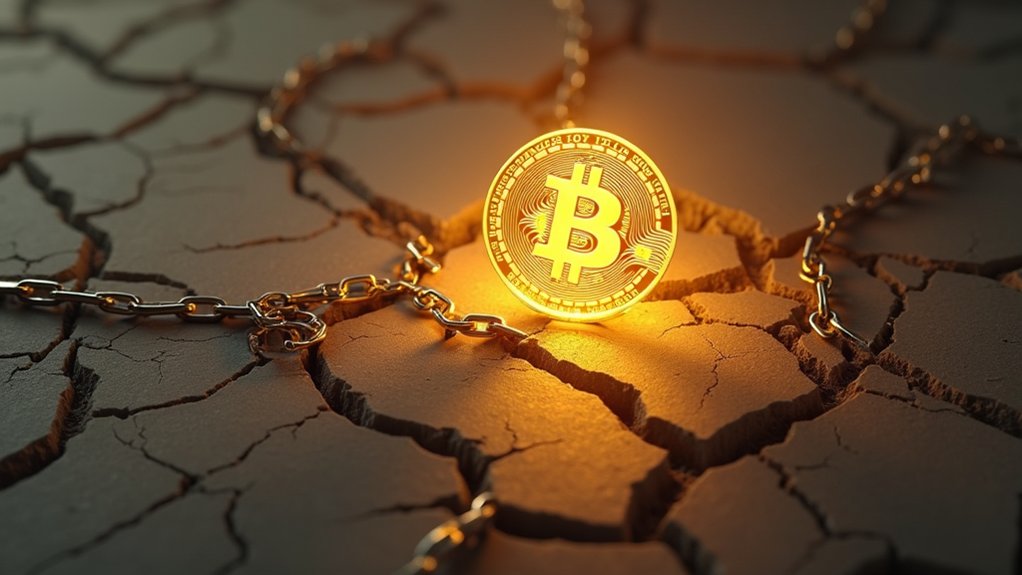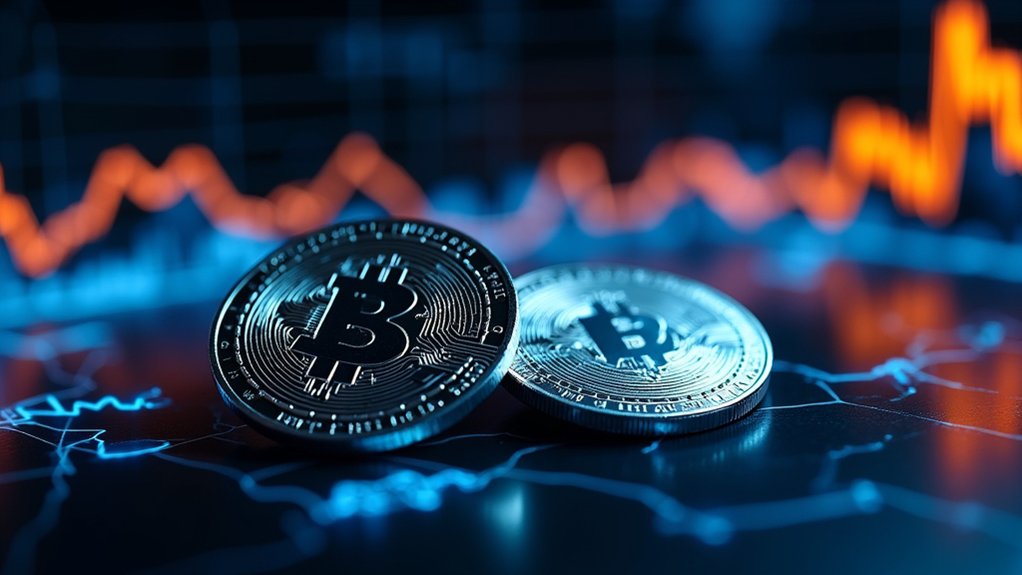Although hailed as a mere digital asset by skeptics clinging to outdated financial dogma, Bitcoin represents a profound moral and economic upheaval, challenging entrenched institutions that have long monopolized monetary power and excluded vast populations under the guise of security and regulation; its decentralized architecture and immutable supply not only dismantle the gatekeepers of traditional finance but also assert, with unapologetic defiance, that financial sovereignty and inclusion are not privileges to be rationed but fundamental human rights demanding immediate recognition. Jack Mallers frames Bitcoin as a moral revolution, deliberately shifting the narrative from speculative investment to a tool of empowerment for the disenfranchised. This reframing exposes the thinly veiled pretexts under which centralized authorities impose regulatory hurdles—ostensibly to protect, yet effectively to exclude and control—while technological barriers are often exaggerated or manipulated to maintain the status quo. The insistence on compliance with archaic frameworks reveals less concern for societal welfare and more about preserving institutional hegemony. Moreover, Bitcoin’s ability to facilitate cross-border transactions without intermediaries significantly reduces costs and delays that have historically hindered global economic participation. By enabling individuals with internet access to participate in the economy, it breaks down barriers imposed by traditional banking systems, fostering financial inclusion on a global scale. Its operation through a decentralized network removes the need for banks or intermediaries, making global transactions more efficient and accessible.
Bitcoin’s fixed supply and borderless accessibility shatter these imposed constraints, enabling financial inclusion where traditional systems falter, especially in regions plagued by currency instability or lack of banking infrastructure. By circumventing intermediaries whose fees and delays compound systemic inequality, Bitcoin empowers users with direct, permissionless access to the global economy, transforming abstract notions of economic justice into tangible realities. Its architecture resists manipulation and censorship, offering a rare promise of equitable participation that defies geographic and socioeconomic barriers long cemented by legacy systems. *Hence* Mallers’ revolutionary framing compels a reckoning—not only with existing financial orthodoxies but also with the moral imperative to redefine economic freedom as an inalienable right, not a discretionary benefit doled out by gatekeepers.









